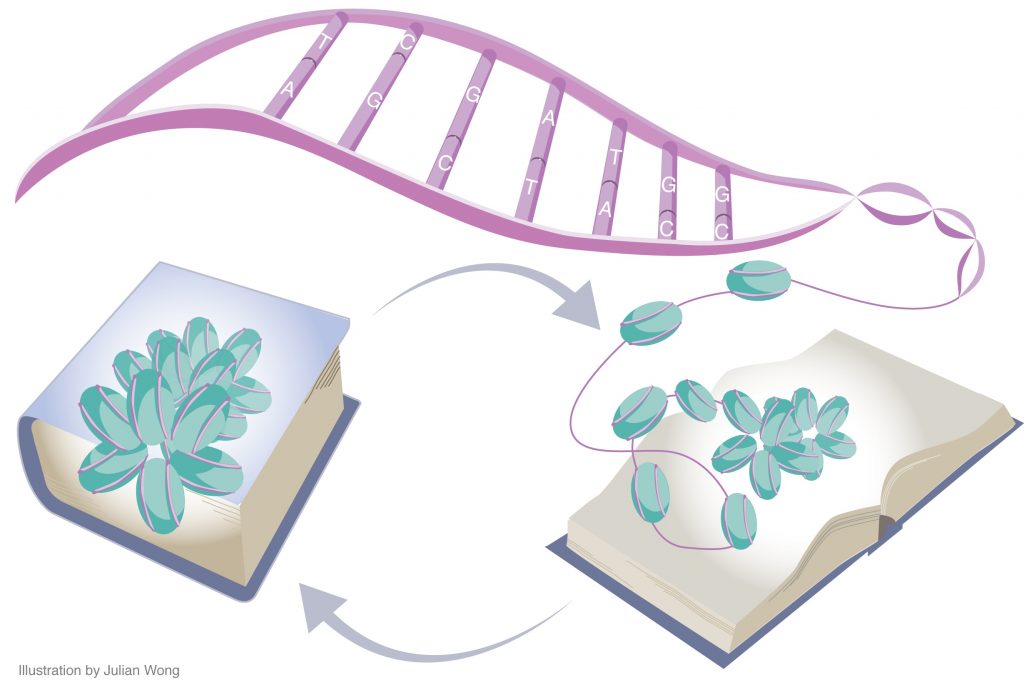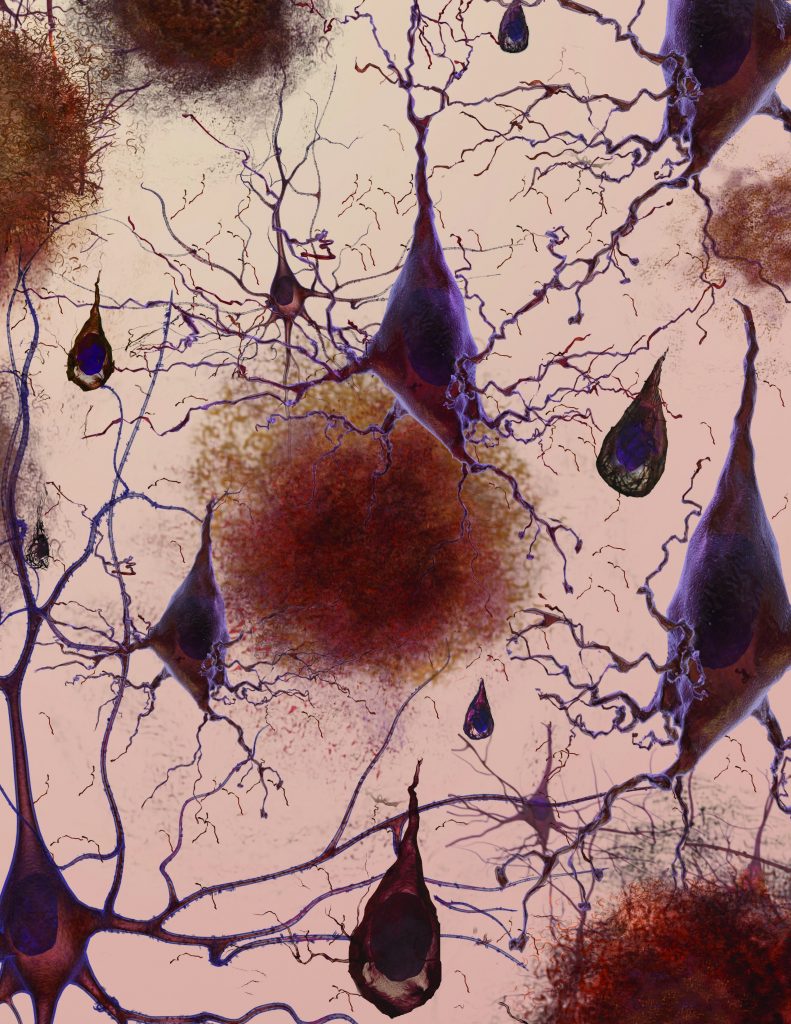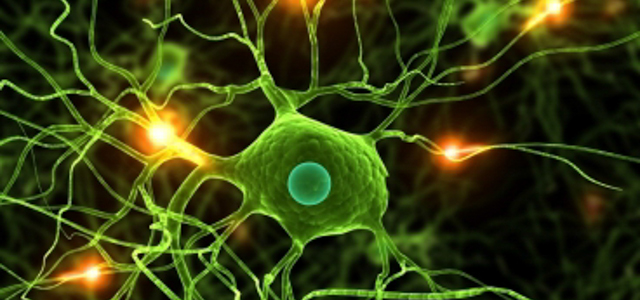Following the completion of the Human Genome Project, much of biology’s focus has been shifted from the raw sequence of genes to their regulation over time and in response to environmental stimuli. Like books on a shelf, genes do not exert effects by their mere presence; rather, the pages of the book (i.e., the chromatin) …



